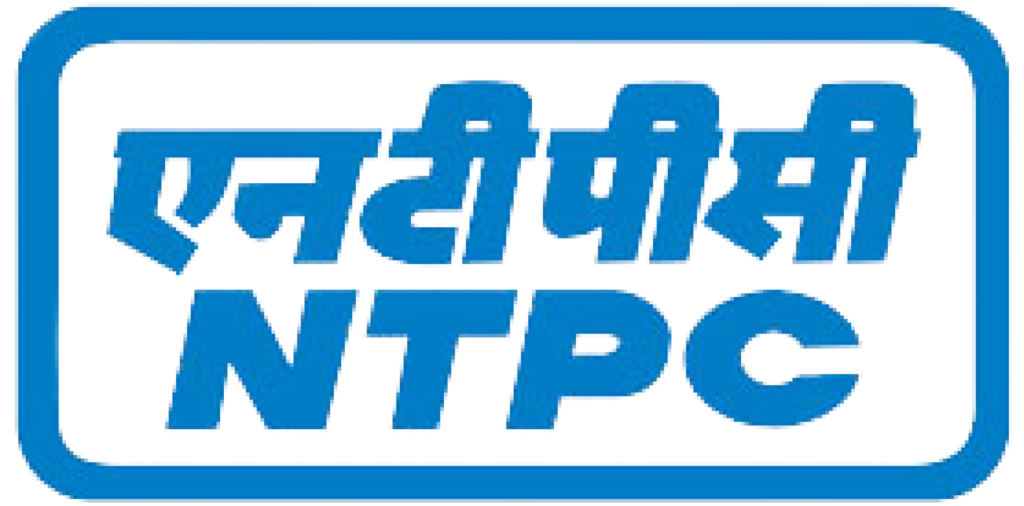HVAC Simulator
We provide a complete VR HVAC training Simulator that helps students & fresher to learn skills faster in a safe environment
We are trusted by





Schedule A Free Demo
Our team is online. Fill this form and we will get in touch within 30mins.
We provide complete HVAC simulation training.
HVAC simulation training provides valuable experience for individuals in the engineering and energy professions, allowing them to safely test various systems and find solutions to problems in a risk-free environment. Simulators provide real-time, interactive feedback so engineers can accurately evaluate their work. This training allows professionals to explore various scenarios without compromising safety or efficiency. Participants can experiment with different variables and observe the impacts on operational settings, all while working within a virtual environment.

















Features of HVAC Training Simulator
An HVAC (Heating, Ventilation, and Air Conditioning) training simulator is a virtual reality platform designed to simulate HVAC systems and provide training to users on HVAC procedures. Some of the features of an HVAC training simulator include:
Our simulator provides a fully immersive environment that simulates the look and feel of a real HVAC system. The simulation can include heating and cooling units, ductwork, thermostats, and other HVAC components.
It includes the modelling of HVAC systems, allowing users to interact with and manipulate various HVAC components such as fans, blowers, compressors, and refrigerant lines
It provides interactive HVAC scenarios that require users to diagnose and repair various HVAC issues. This can include identifying airflow problems, refrigerant leaks, and other common HVAC problems.
The physics engine of an HVAC training simulator is designed to accurately simulate the behaviour of HVAC components, such as airflow, temperature, and pressure.
It provides feedback to the user on their performance during the simulation, such as their response time and effectiveness in handling HVAC issues.
It provides training on HVAC procedures, such as installation, repair, and maintenance of HVAC systems.
It can provide customizable environments such as different types of buildings, including homes, schools, and offices.
It allows multiple users to participate in the simulation, creating a collaborative learning experience.
It teaches users how to assess the risk of potential HVAC issues and take preventive measures to avoid HVAC problems.
It integrates real-world data such as HVAC codes, regulations, and safety procedures to provide a more accurate and educational experience.
5 Benefits of using an HVAC simulator
- 1. Training
HVAC simulators can be used for training purposes. They can help HVAC technicians to learn about the different parts of an HVAC system and how they work together. Additionally, simulators can teach technicians how to troubleshoot and repair HVAC systems.
- 2. Certification
HVAC simulators can also be used for certification purposes. Many HVAC certification programs require technicians to complete a certain number of hours of hands-on training. However, not all technicians have access to an HVAC system that they can use for training purposes. Simulators can provide an alternative way for technicians to complete their required hours of training.
- 3. Testing
HVAC simulators can also be used for testing purposes. They can be used to test new HVAC products or components before they are released to the market. Additionally, simulators can be used to test the performance of existing HVAC systems. This can help manufacturers identify potential problems with their products or systems.
- 4. Research
HVAC simulators can also be used for research purposes. They can be used to study the effects of different environmental conditions on HVAC systems. Additionally, simulators can be used to study the effects of different HVAC components on each other. This information can help researchers to develop new and improved HVAC products and systems.
- 5. Energy Efficiency
HVAC simulators can also be used to improve energy efficiency. They can help designers model different HVAC systems and determine the most energy-efficient one. Additionally, simulators can test the energy efficiency of existing HVAC systems.
Simbott hvac training simulator
HVAC training simulators are invaluable for those pursuing a career in air conditioning, ventilation, and refrigeration systems. By providing a safe, virtual environment for users to practice basic maintenance techniques and experiments, these simulators allow those interested in the industry to familiarize themselves with essential concepts before diving into more complex tasks.
Whether you’re just starting or seeking professional development, an HVAC simulator is a perfect choice for anyone who wants to get up-to-speed without risking their safety.

Our best HVAC troubleshooting simulator
HVAC industry work can often be stressful as technicians are expected to diagnose and identify problems quickly, but an HVAC troubleshooting simulator can make all the difference. This innovative technology allows technicians to experience realistic scenarios within an artificial environment, allowing them to sharpen their diagnostic skills in a safe and controlled setting. By practising with a simulator, a technician can hone their problem-solving abilities and better prepare for real-answers scenarios – boosting confidence and minimizing workplace stress. Ultimately, an HVAC troubleshooting simulator is an invaluable resource that no technician should go without.

Let's explore Virtual Reality in Safety Trainings.
Have any Questions ?
HVAC training simulation software provides a cost-effective and efficient way to improve student engagement in the classroom. This type of interactive software enables students to understand better how HVAC systems work in real-world situations. Students can interact with 3D HVAC systems and can experiment while they learn.
From troubleshooting problems to designing systems, software simulations provide a greater depth of skill acquisition than traditional lecture and demonstration methods. The most important benefit of HVAC training simulation software is that it allows students to make mistakes without fear of damage or injury, which encourages creativity and helps build self-confidence as they progress in their studies.
HVAC simulation boards are an essential tool in the HVAC industry. The boards allow technicians to learn and practice the skills needed for their work. They have electronic components that mimic various HVAC systems, providing a realistic learning environment for diagnosing problems, making repairs, and designing systems. The board’s display panel uses graphics, animations, and real-time data monitoring to show how the components interact. With its comprehensive diagnostic capabilities, an HVAC simulation board can simulate any malfunction or installation challenge likely to be encountered in real-world situations. Using a simulation board, technicians can get the experience they need to become trusted professionals in their field.
HVAC Training Simulator is an app designed to provide valuable and necessary training for HVAC professionals. This app can simulate various common HVAC scenarios, allowing professionals to practice and refine their skills in diagnosing complex issues and repairing advanced HVAC systems. With an interactive 3D environment, detailed graphics, and realistic feedback, the simulator app helps users become proficient in system analysis and repair techniques that can help them troubleshoot common problems and stay current with the latest technologies. The app also provides access to reference materials, tutorials, and assessments that allow HVAC technicians to increase their knowledge base and develop a deep understanding of how different systems operate. All this combined makes the HVAC Training Simulator a powerful tool for practitioners looking to sharpen their skills in this ever-changing industry.

